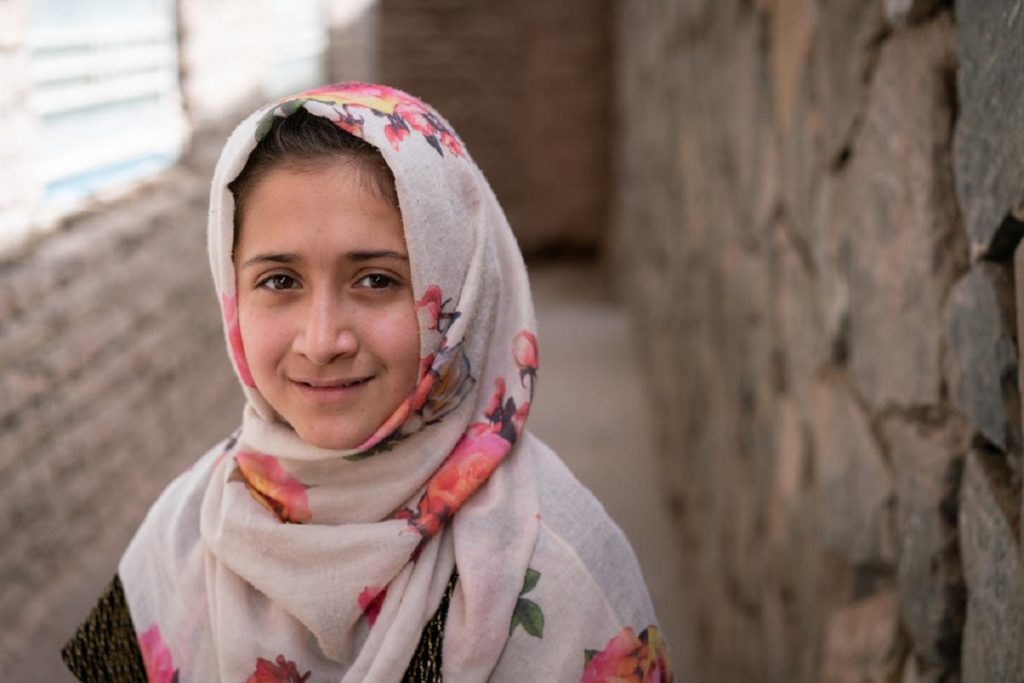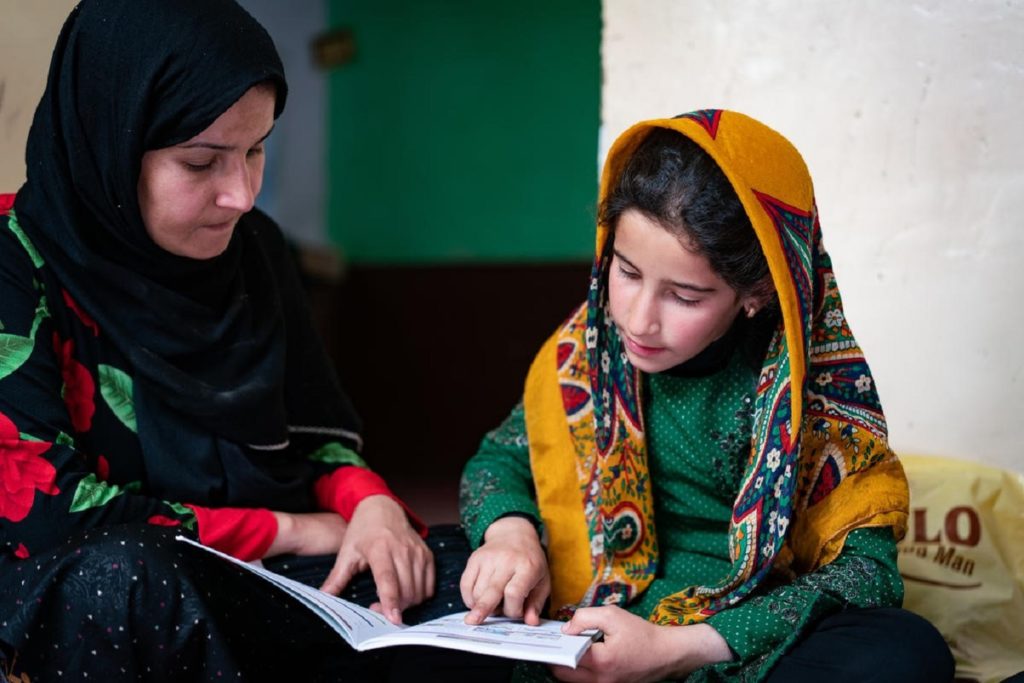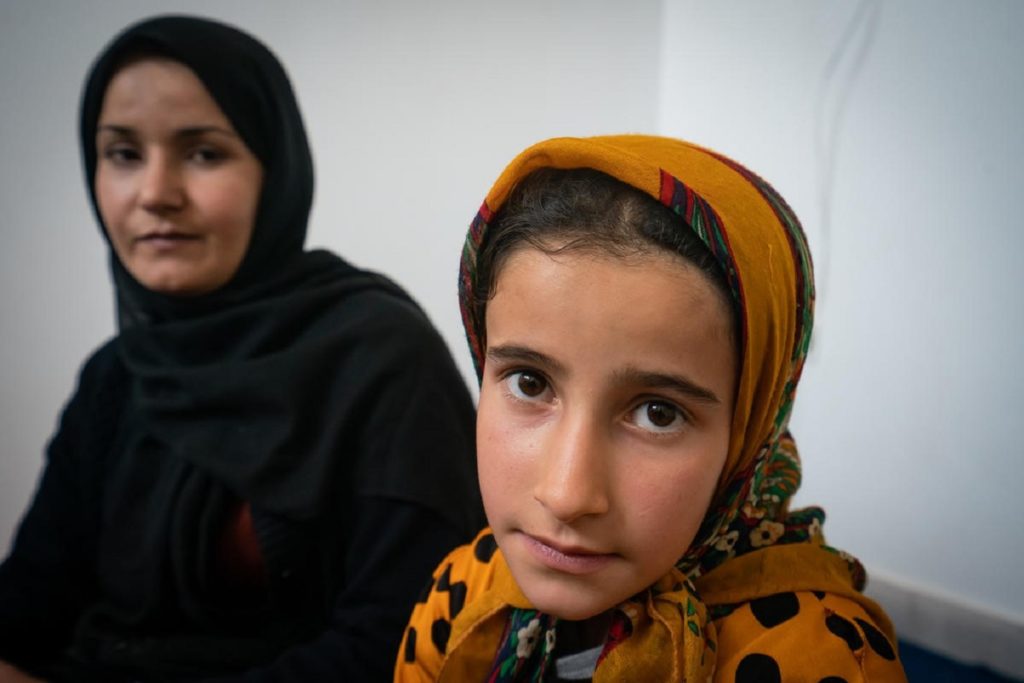Earlier this year Afghanistan peace talks resumed in my adopted country, offering renewed hope that more than 40 years of continuous war will come to an end. US President Joe Biden’s recent decision to withdraw American troops by September could complicate efforts to broker peace between the Taliban and the Afghan Government. The next five months are critical.
But the world should realise that conflict will not end until the voices of those representing more than half of Afghanistan’s population have a meaningful voice at the table – namely women and girls.
Many Australians are familiar with the extreme challenges facing Afghanistan. Some will remember Afghanistan from the military mission and shocking headlines about the oppression of women. Yes, Afghanistan remains 170th of 189 countries on the UN Gender Equality Index. And it’s true that women and girls continue to experience the daily threat of physical and sexual violence, early and forced marriage and limited access to education, health care and even food.

But Australians should also know that there is hope.
I personally know this hope. I was raised in a traditional south Indian family in a traditional society. I had to fight for my dreams whilst enduring intense pressure from friends and family to get married and start a family. But I “chose to challenge” and became the first woman in my family to travel abroad and to live independently.
I know from experience the incredible potential that can be unlocked in women. My journey took me to Afghanistan, and I rose through the ranks to become the female leader of one of the largest NGOs, operating in another very conservative context.
I am not alone. Over the past two decades Afghan women trailblazers have led real progress in the struggle for social, political, legal, and leadership participation. Today, girls represent nearly 40% of children enrolled in school, and women are active in political and economic life. Women are mayors, entrepreneurs, police officers, and doctors. Our representation in Parliament has reached 27% – not that far behind Australia’s, at 32%.
In my role, I am doing all I can to create opportunities for Afghan women and girls as they continue to realize their rights.
We foster women’s economic empowerment and community engagement to stop harmful practices like child marriage to keep girls in school. In areas where we work, 88% of children report they will choose to stay in school instead of getting married, compared to other areas where 35% of girls are married as children and drop out of school. By working closely with families, faith leaders and authorities at all levels, we are achieving more education for girls and, ultimately, positive change in Afghanistan.

This peace process cannot fail the women of Afghanistan again; it will mean catastrophe for the entire country. The research is in. There is a strong correlation between instability at the national level and the diminishment of women’s voices, rights and agency in the home. We know that to reach a lasting peace, we must have women’s participation at every step of the process, and in every part of society.
Australia’s legacy in Afghanistan can be the political influence and continued programs that work towards gender equality and the realization of rights. We must put conflict and instability in the rearview mirror. Turning our backs on Afghanistan is not an option.
Women and girls are dynamic agents of change. Educated girls can be the decision makers of tomorrow. They are not passive victims waiting for more barriers to come down. When they have access to opportunities they can and will change Afghanistan – and the world.

